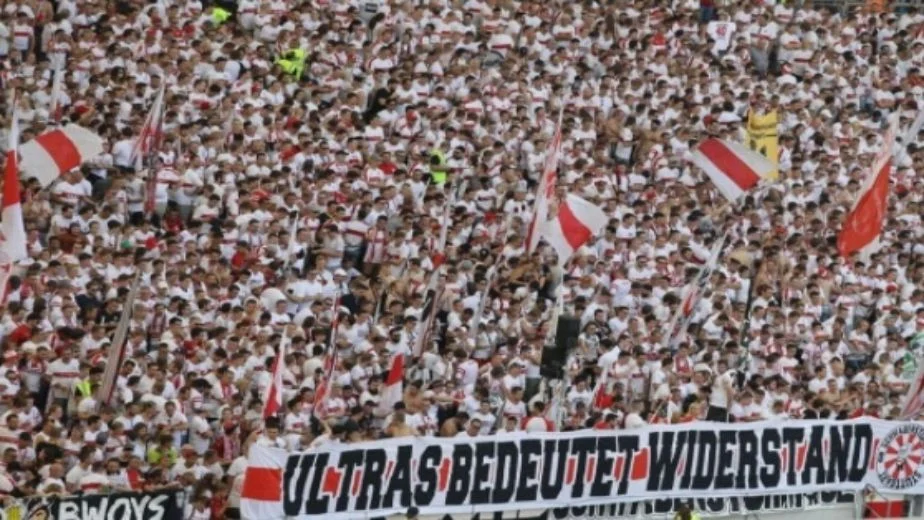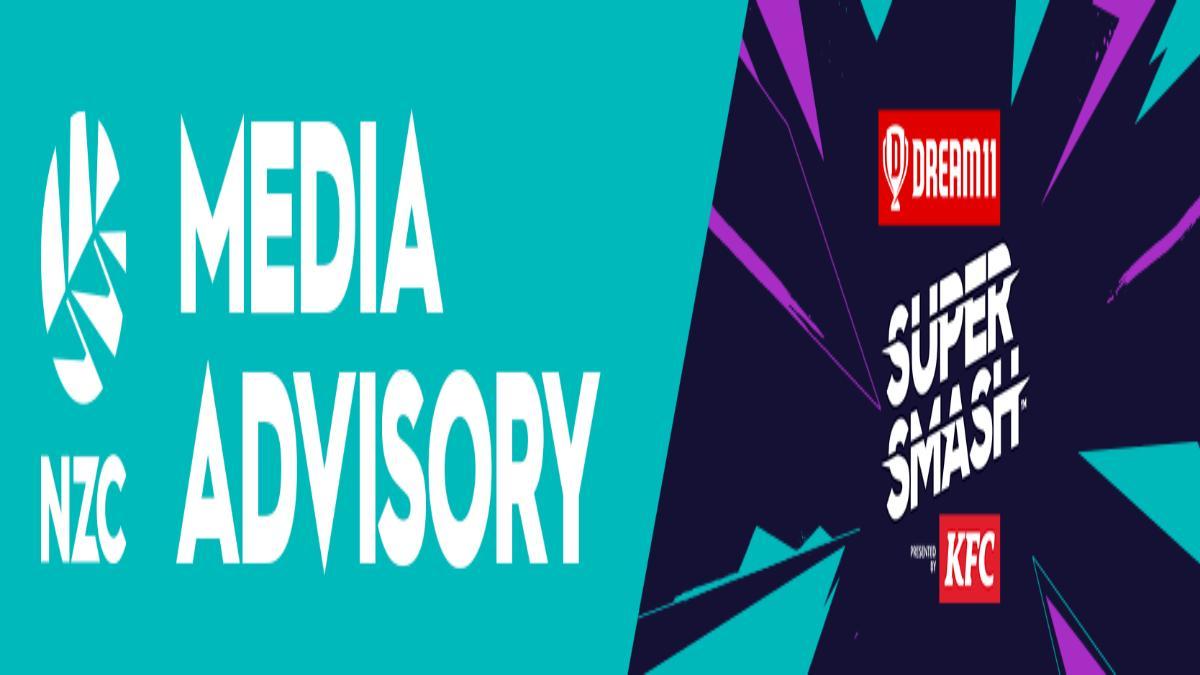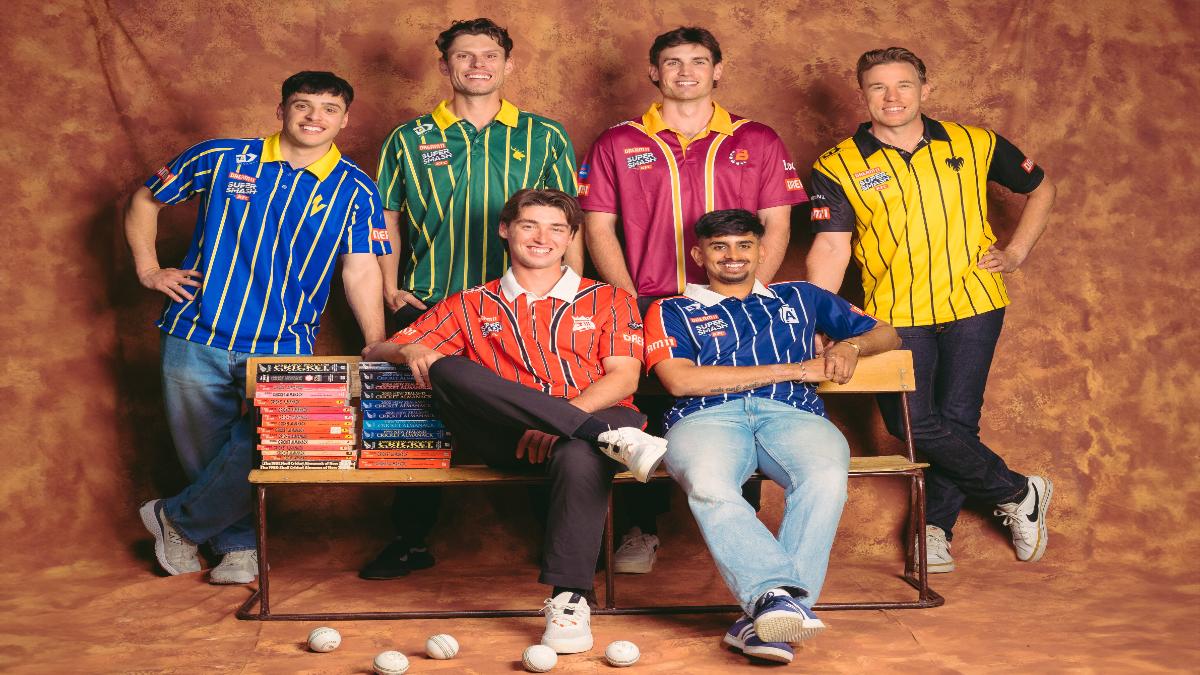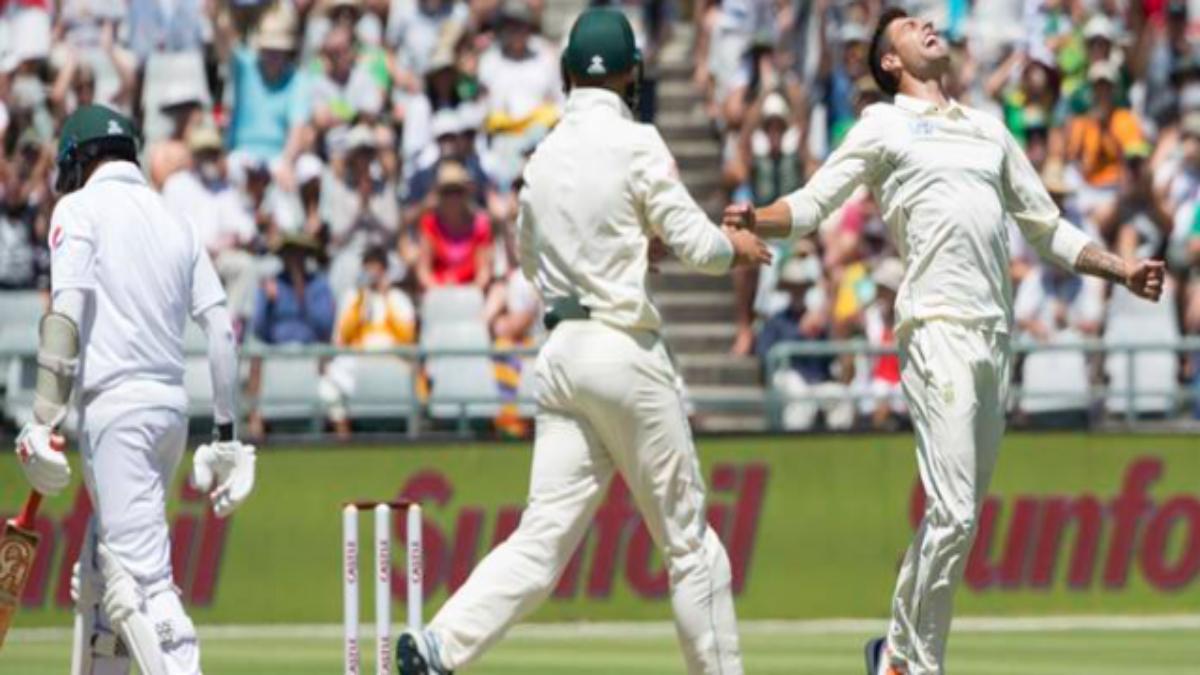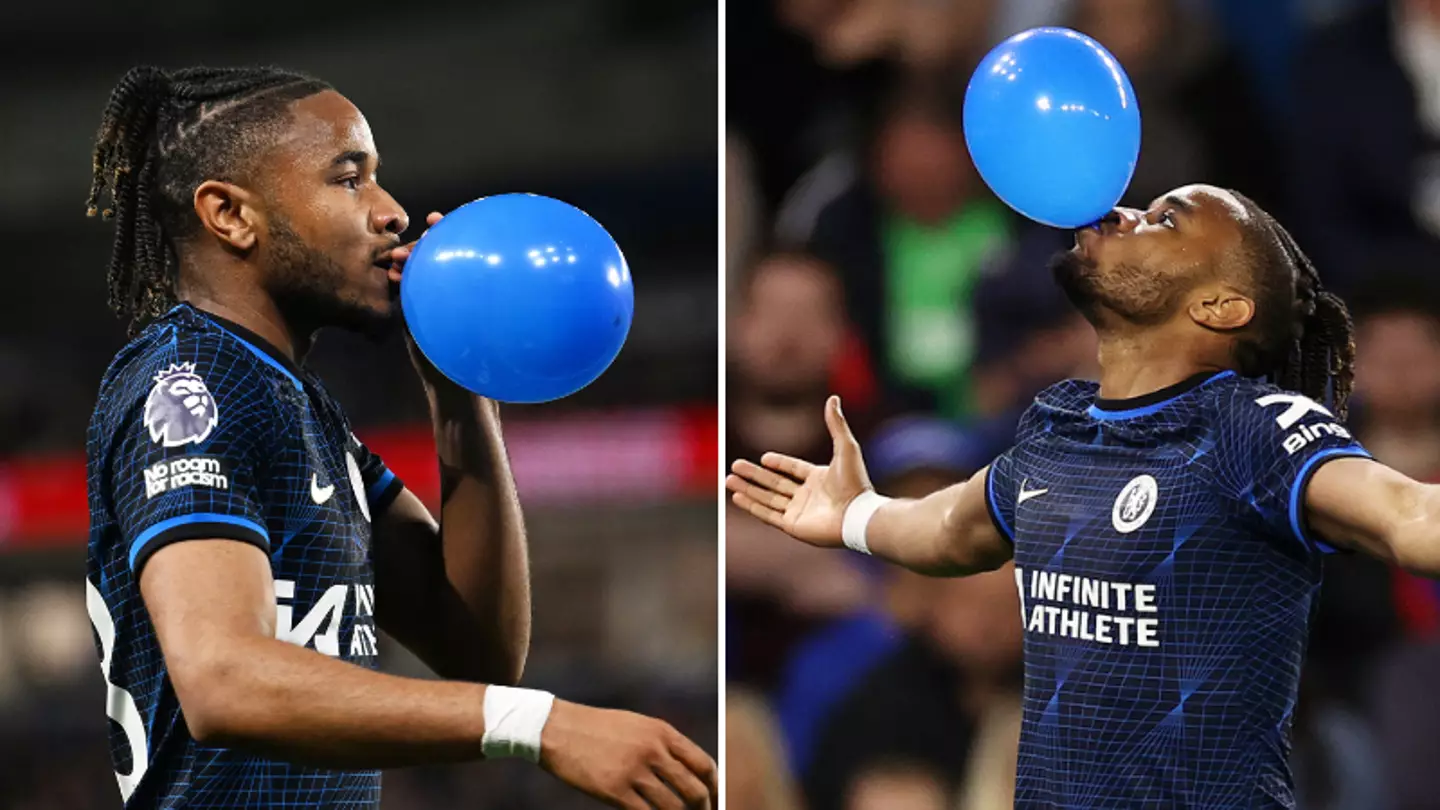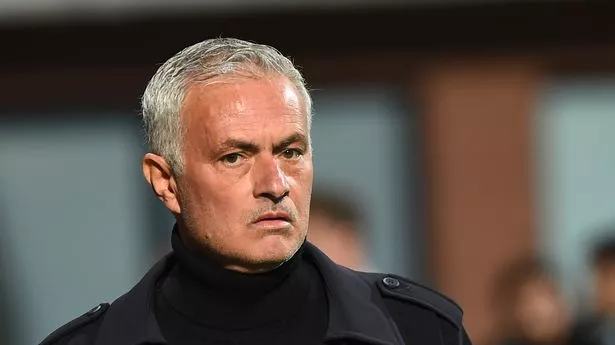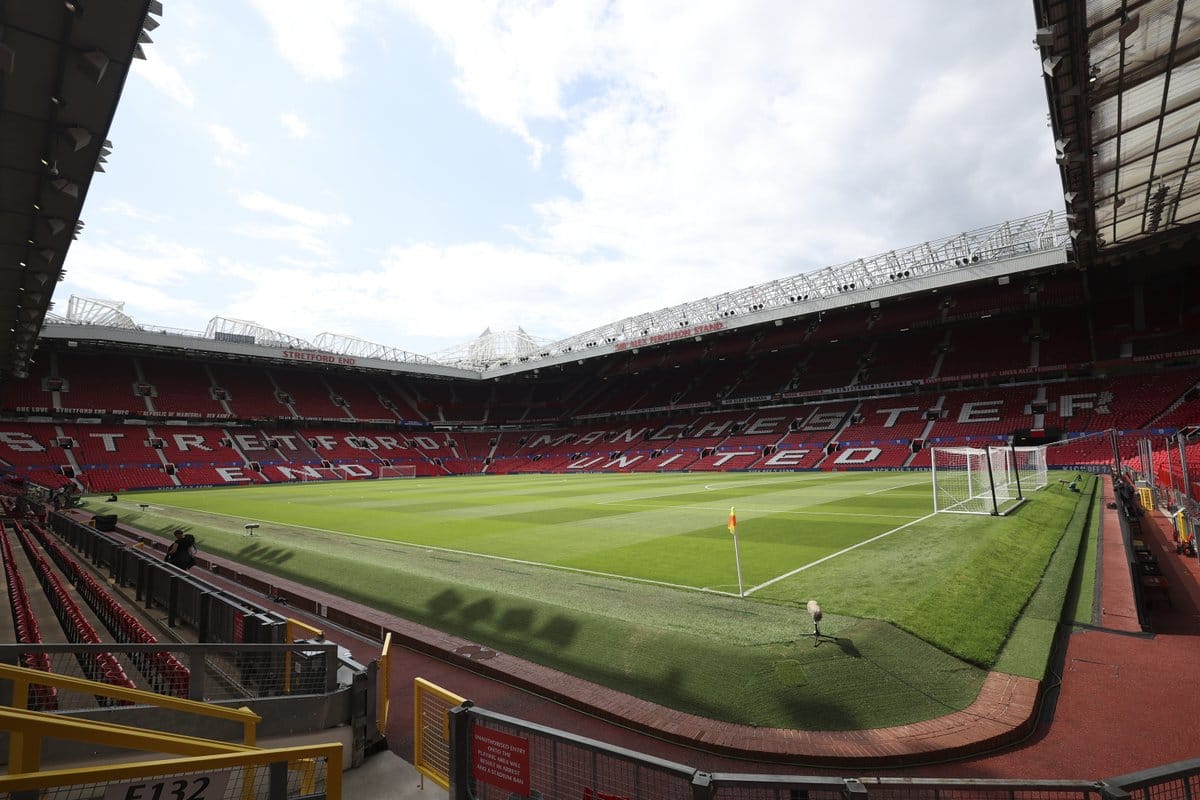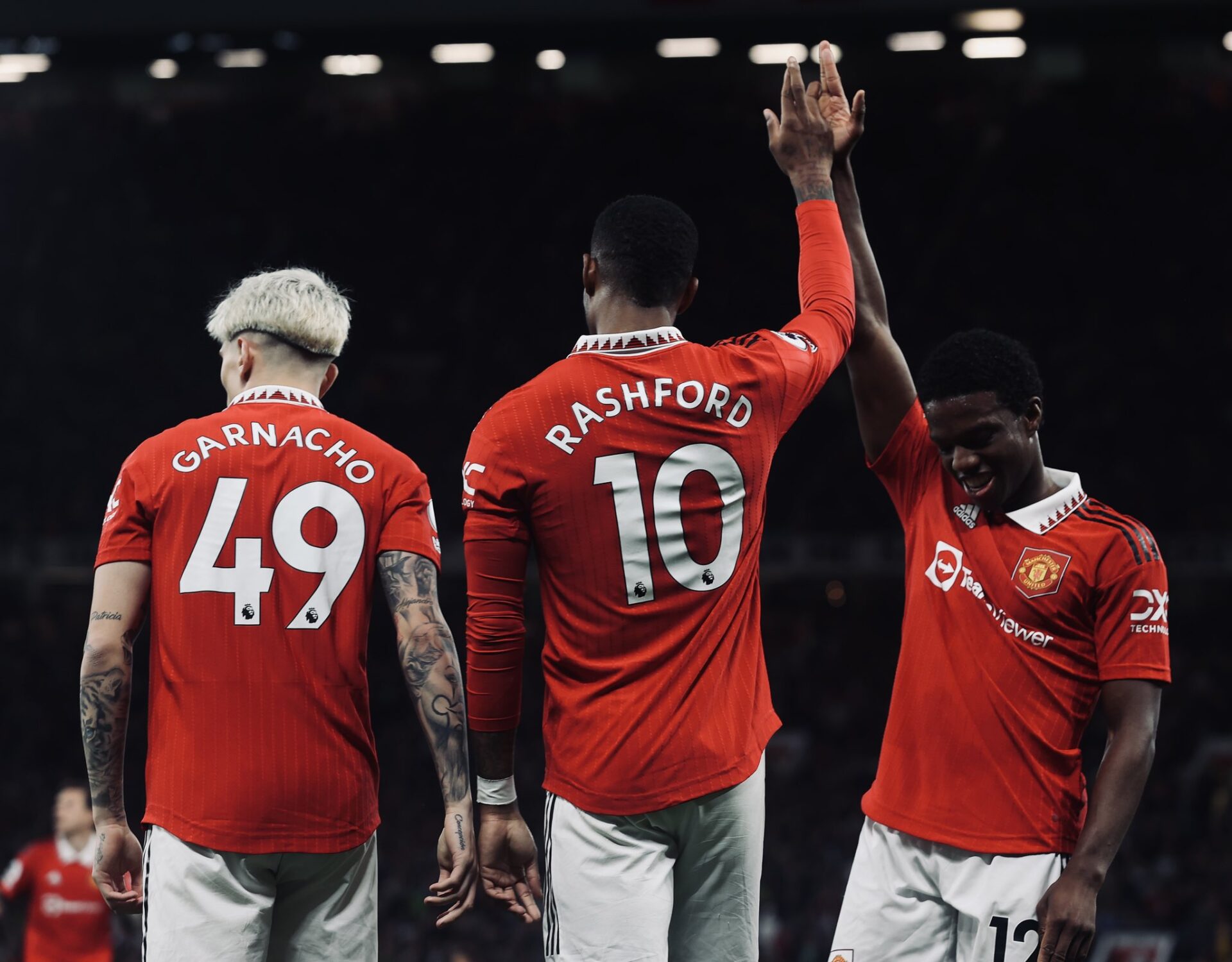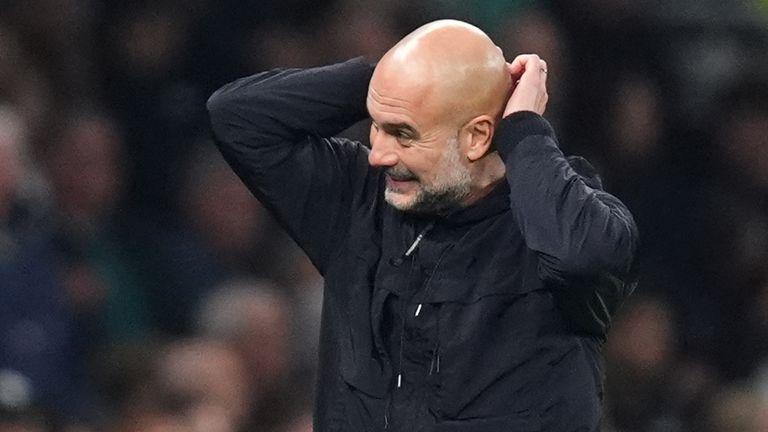Under normal circumstances, Germany’s football stadiums would be packed to the brim with the ultras of many of the most recognizable clubs in the Bundesliga playing a pivotal role in creating an intimidating atmosphere. With the sudden outbreak of COVID-19 last year, everything changed, including for many Germans, their long standing perception of the notorious ultras.
At a time when being socially distant is the norm, the Stuttgart ultras in Germany are using their influence to help out during the pandemic with a shopping service spanning cities and towns across over 60 kms. More than 80 ultras or ‘helpers’ are delivering groceries and prescriptions six days a week to not only the sick and elderly but also the frontline workers in care homes and hospitals.
That’s not all, the Union Berlin ultras have set up a ‘giving fence’ for the locals to donate clothing, food items and sanitary products to those in need. The ultras have also used their influence to ask supporters to sew masks and donate them to frontline workers after news got around that there was a shortage.
Often described as the ‘ugly face of football’ these German ultra groups have received some redemption from their arch enemies, the media, who have praised their generosity and solidarity in a step towards redemption in the eyes of many. Many ultras believe this sudden recognition for their contributions is surprising, considering that social engagement is a big part of the ultras beliefs. A decade ago, the ultras in Mönchengladbach set up a charitable initiative called Nordkurve Aktiv with a grocery shopping scheme and also made donations to many local institutes affected by the pandemic.
Most ultra groups are weary of the positive press received during the COVID-19 pandemic and don’t believe it will have a long term impact on their image. However, it’s refreshing to see the ultras making headlines for all the right reasons in the newspapers as a group with a social conscience that wants to help out in any way they can.


